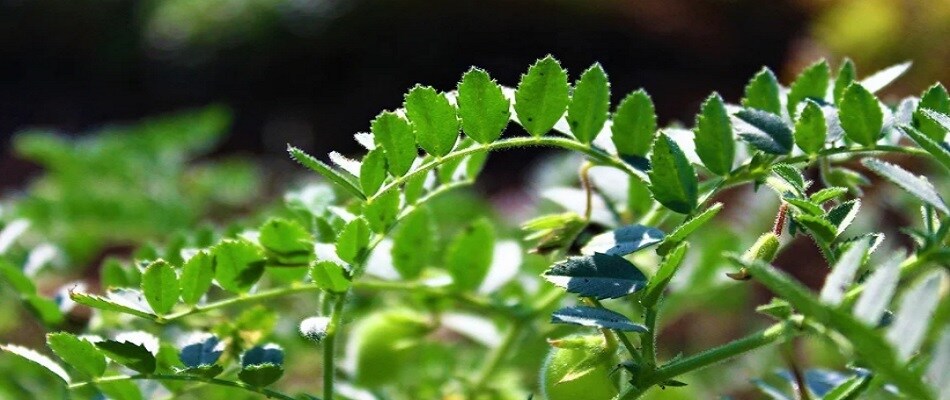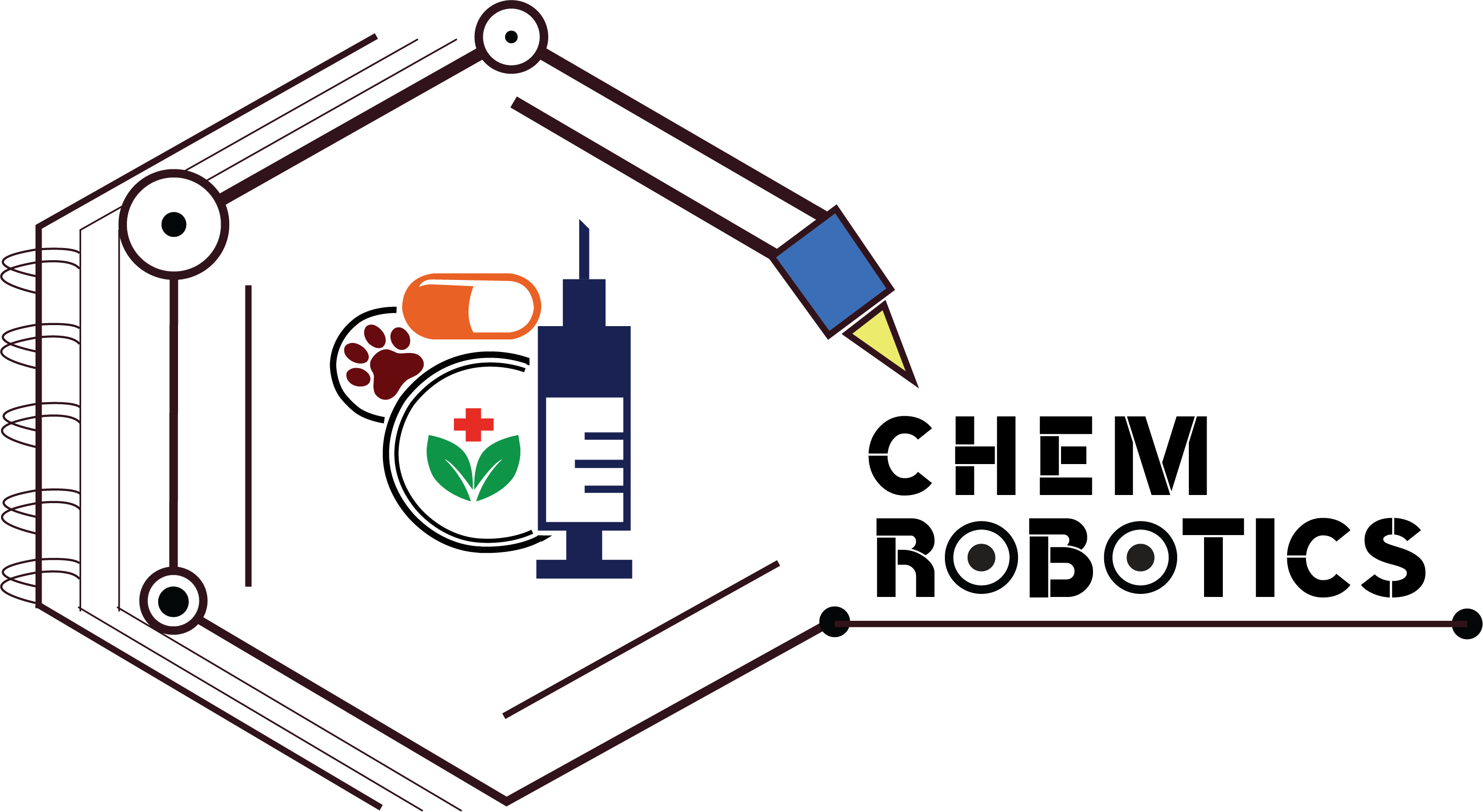Summary :
The humble chickpea or chana, one of the first few crops introduced into agriculture around 10,000 years ago, has recently gained a genomic advantage.
A global research team traced its origins to the Fertile Crescent region (the Middle East) and sequenced 29,870 genes from 3,366 chickpea lines from over sixty continents.

The humble chickpea or chana, one of the first few crops introduced into agriculture around 10,000 years ago, has recently gained a genomic advantage.
‘One such sequencing would have a significant impact on both chickpea farmers and consumers. It could lead to the development of high-yielding, climate-resilient chickpea varieties,’ Rajeev Varshney, Research Program Director at the International Crops Research Institute for Semi-Arid Tropics (ICRISAT), explained.
Aside from capturing chickpea roots, scientists have traced how this crop spread from its original location to different parts of the world. The global study, which included scientists from 41 organizations, was led by the Hyderbad-based institute.
Study’s findings
The study’s findings have been published in the science journal Nature. ‘This is the largest sequencing pile for any plant. Chickpea is one of only a few crops with such a comprehensive genome map. This would go a long way toward increasing chickpea yields and productivity, which is a key source of protein for millions of people in India and other countries,’ he said.
‘One path led to South Asia and East Africa, while the other led to the Mediterranean area, as well as the Black Sea and Central Asia,’ he explained.
The recent study sequenced 3,171 cultivated and 195 wild chickpea accessions that are conserved in multiple gene banks. ‘As the world’s population grows, demand for chickpeas is expected to rise in the coming years. This type of research is critical to assisting major producing countries like India in increasing crop production while making crops climate-resilient,’ Trilochan Mohapatra, Director General of the Indian Council of Agricultural Research (ICAR), said in a statement on Wednesday.
Important discoveries
The study discovered blocks of genes (or haplotypes) in domesticated varieties that can greatly improve crop performance by enhancing traits such as yield, climate resilience, and seed characteristics.
‘We have landed at 56 promising lines that can be brought into breeding programs to develop improved varieties,” said Manish Roorkiwal, an ICRISAT Senior Scientist in Genomics and Molecular Breeding and co-author of the study.
For more Information: Sign in Websites for Agrochemical & Pharmaceutical Databases:
Website : https://www.chemrobotics.com/ (Agrochemical Databases)
Website : https://chemroboticspharma.com/ (Pharmaceutical Databases)

